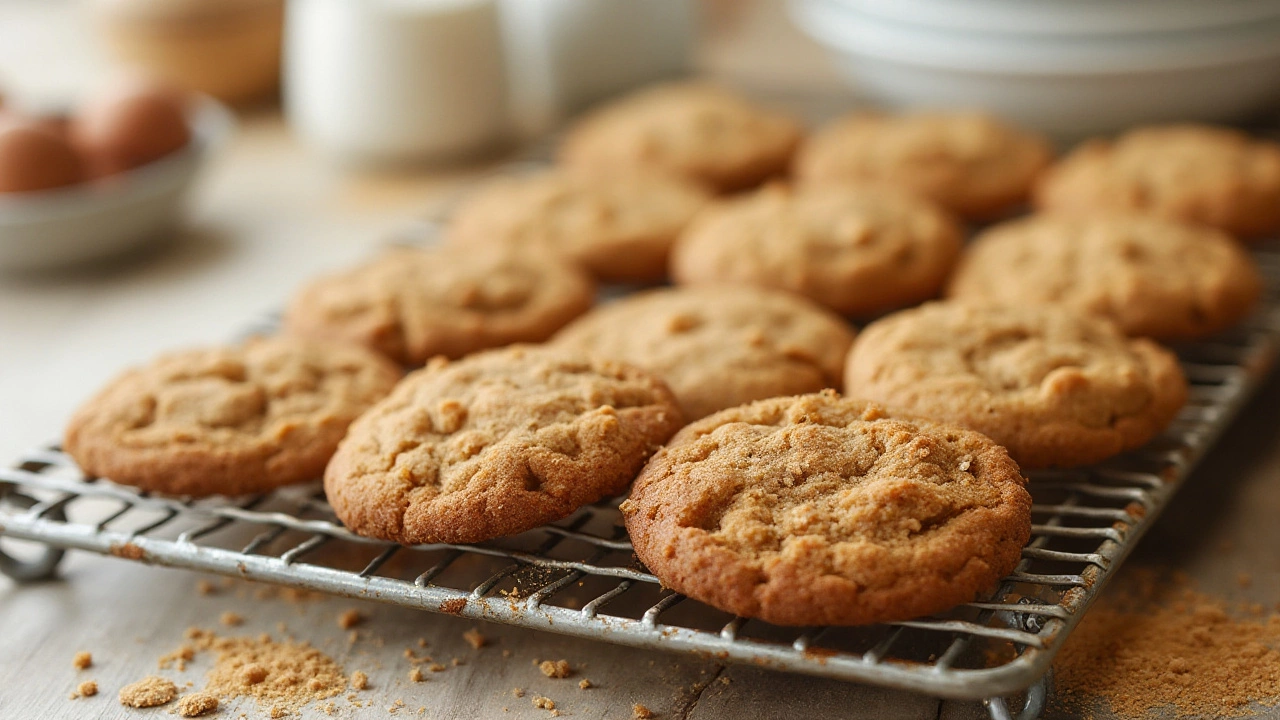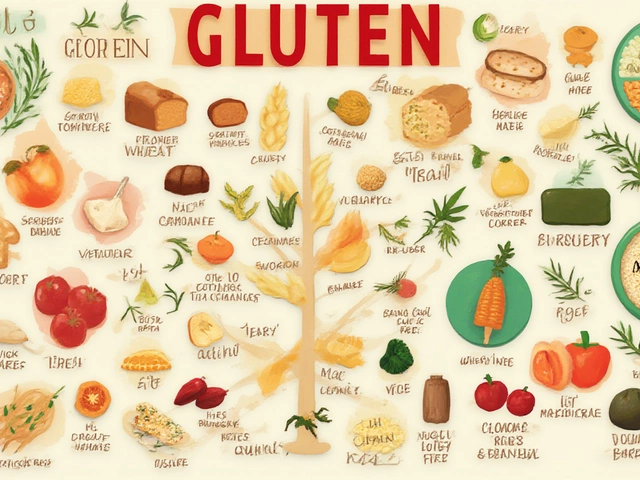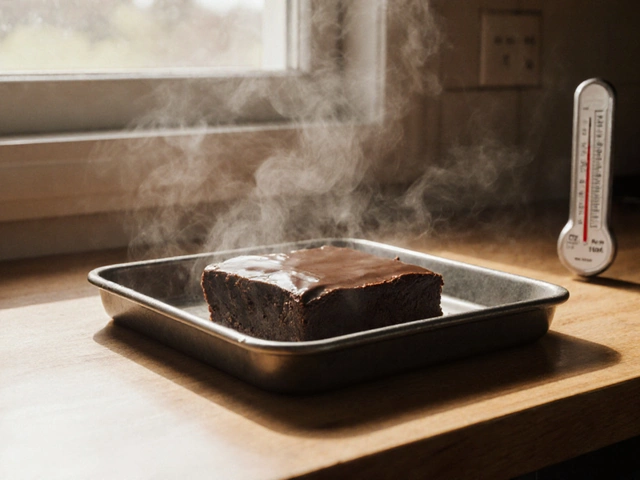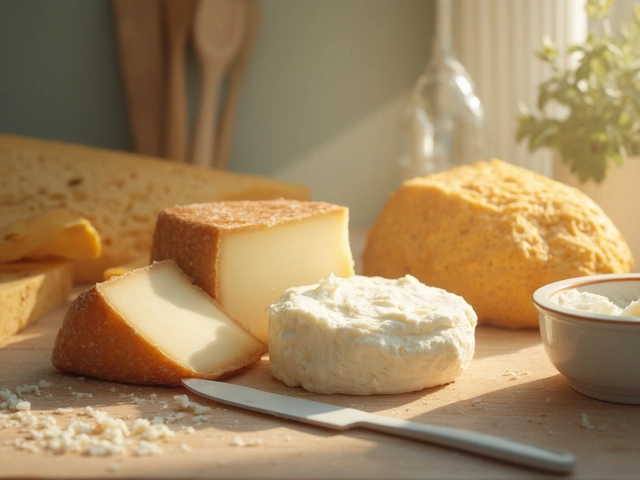Why Adding an Extra Egg Can Change Your Baking Game
Ever wondered why a single extra egg makes a cake so fluffy or a batch of fudge so creamy? You’re not alone. The extra egg adds protein, fat, and moisture—all the good stuff that helps structure, leaven, and flavor your desserts. Below we break down when to use it, what it actually does, and how to improvise if you’re out of eggs.
What the Extra Egg Does Inside the Batter
First off, eggs are binders. They hold dry ingredients together so your brownies don’t crumble apart. Adding another egg increases that binding power, giving you a tighter crumb in brownies and a smoother texture in fudge. Second, the fat in the yolk contributes to tenderness. A richer mouthfeel in a cheesecake or a more melt‑in‑your‑mouth bite in a cake often comes from that extra yolk.
Third, the whites act like a natural leavener. When you beat an extra egg white, you trap air that expands in the oven, making cakes rise higher. Even if you just crack the egg in, the extra protein helps trap steam, so your cupcakes stay moist longer.
When to Add an Extra Egg (and When Not To)
Use an extra egg when you want more structure or moisture. That means dense recipes like brownies, fudge, or cheesecake. If a recipe already calls for a lot of liquid, add the egg with a bit of extra flour to keep the balance.
Skip the extra egg in delicate meringues or soufflés – too much protein can make them heavy. Also, if you’re aiming for a light, airy sponge, follow the exact egg count; the recipe’s chemistry is already calibrated.
Quick Egg‑Free Swaps for the Same Result
Sometimes you’re out of eggs but still need that extra binding power. Try a tablespoon of chia or flax seeds mixed with three tablespoons of water. Let it sit a few minutes and it turns gelatinous, mimicking the egg’s binding effect.
For moisture, use plain yogurt or buttermilk. One quarter‑cup of yogurt adds both fat and liquid, closely resembling an extra egg’s role in a cake. If you need leavening, add a pinch of baking powder alongside your substitute.
Bottom line: an extra egg is a simple upgrade that can lift the texture, moisture, and flavor of many sweets. Keep this cheat sheet handy, experiment with the suggestions, and watch your desserts go from good to unforgettable.

The Impact of Adding an Extra Egg to Your Cookie Recipe
Adding an extra egg to your cookie recipe can make a significant difference in the texture and flavor of the cookies. Eggs play multiple roles, serving as binders and contributing to the moisture and richness of the dough. While one egg generally provides a tried-and-true cookie consistency, an additional egg can create a chewier texture and a more cake-like structure. Understanding the science behind the egg's role in baking can help you customize your cookies to perfection.
View More




